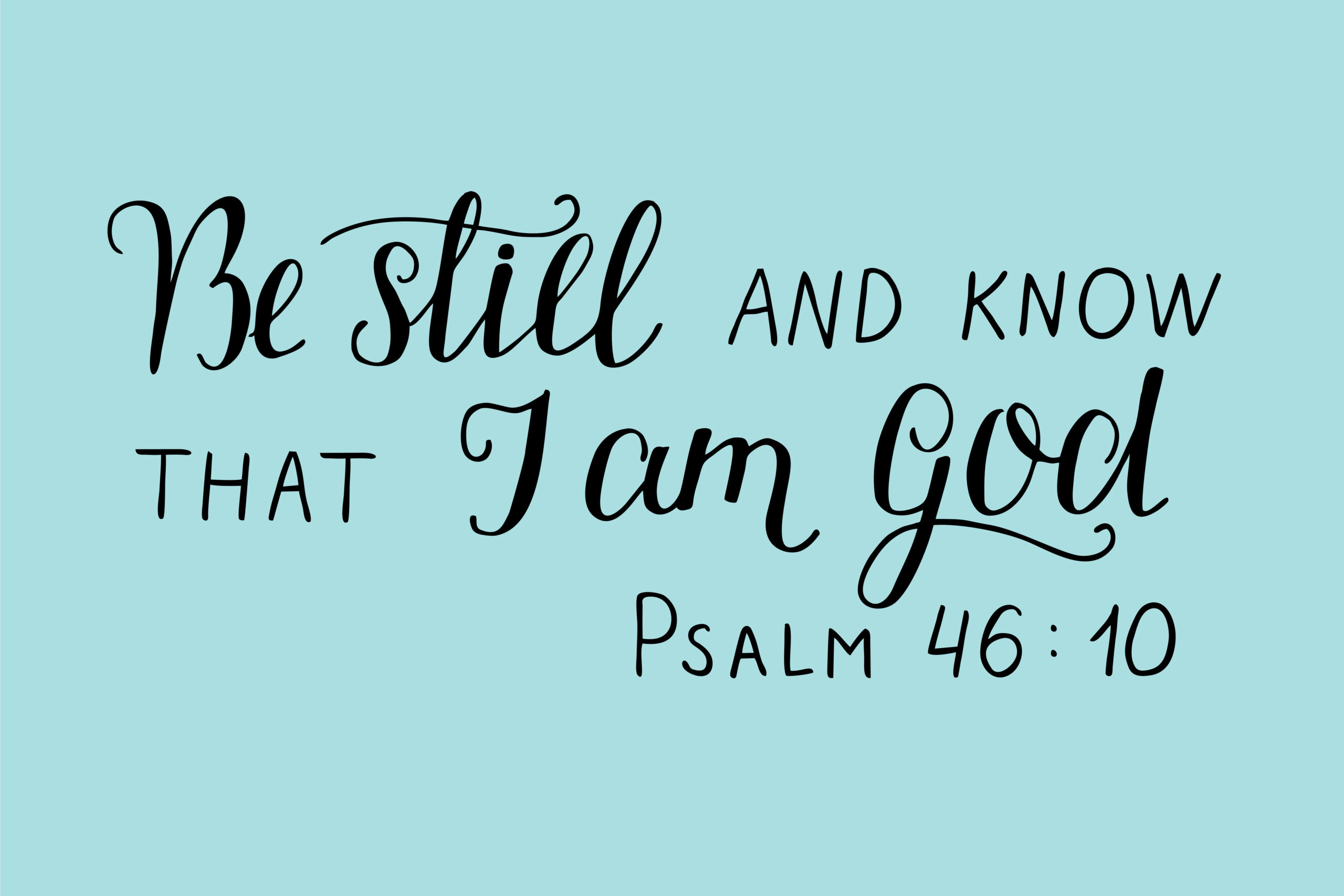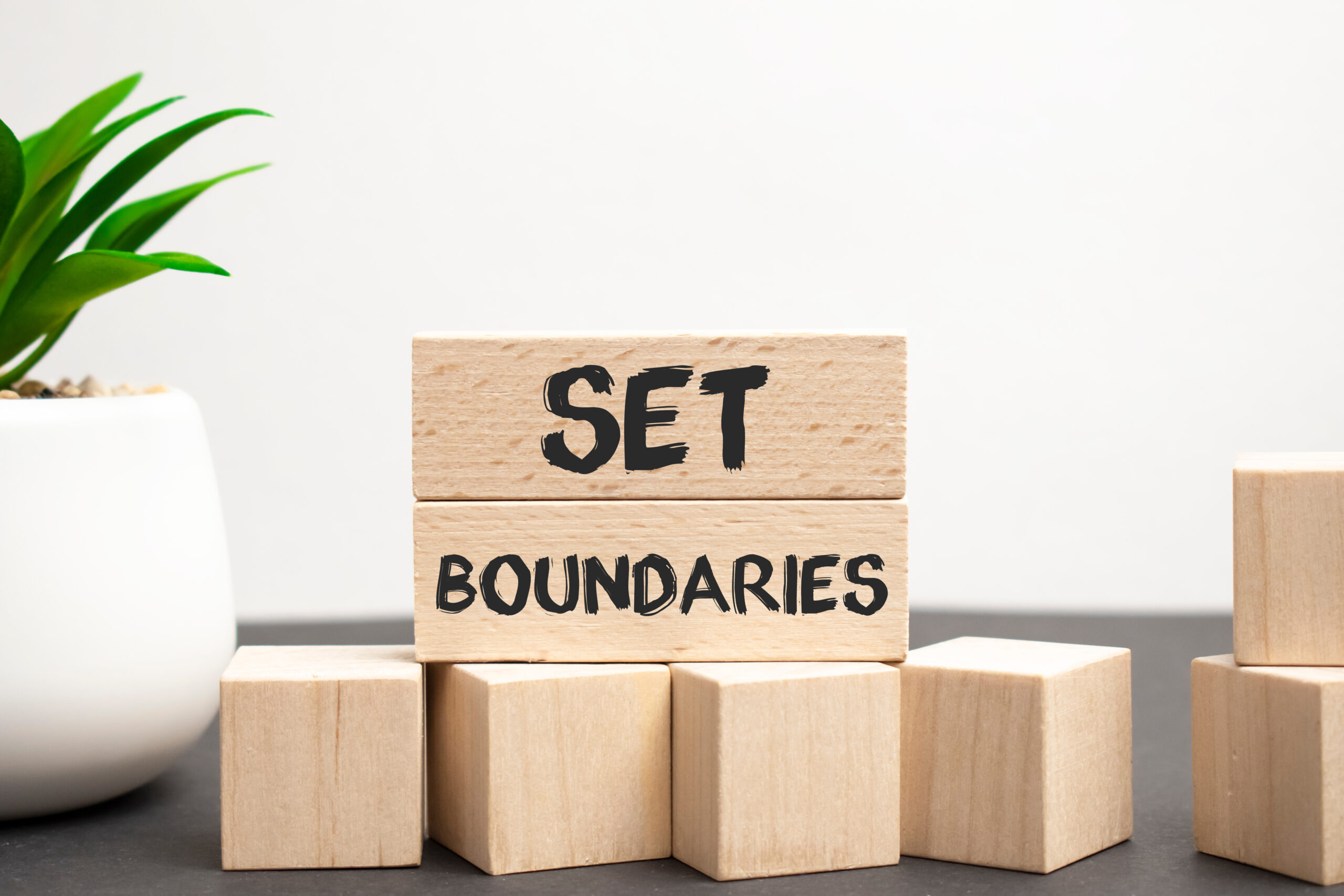WEEK TWO…Jan Porter
Proverbs 3:5-7
5 Trust in the LORD with all your heart and lean not on your own understanding; 6 in all your ways submit to him, and he will make your paths straight. 7 Do not be wise in your own eyes; fear the LORD and shun evil. As I write this, I want to make it clear that I am speaking about adult to adult. We are responsible for our children. We are responsible to teach and correct our children (till they become adults).
Codependency can become a problem in a relationship of a couple, relatives, co-workers, friends or even your neighbor.
TOP TEN CHARACTERISTICS OF A CODEPENDENT PERSON
1. Codependent people confuse love with the caretaking of, pity for and the needs of others.
They may have a tendency to be completely devoted to the needs of their partner. They tend to be excessively preoccupied and
consumed with their partners’ emotional and personal needs. There is often a strong compulsion to fix or to save their partner.
2. Codependent people are generally very loving, kind, and caring people.
They gravitate towards working in the helping professions or caretaker professions and they are exceptional at their jobs. But unfortunately, they can feel not quite good enough, despite all their giving, and feel an unwarranted sense of shame and worthlessness.
3. Codependent people can confuse intensity with intimacy.
Codependent relationships will be based on a lot of drama, chaos, breaking up and make up. Often a codependent person can feel
incomplete or worthless and afraid to be alone if they perceive abandonment or if their partner threatens to leave. They can have a sort of craving for a person or a relationship. In a very real sense, it can be an addiction to someone
4. Surprisingly, codependent people are actually biochemically codependent.
They could be named “love addicts” or “relationship addicts.” They often have unrealistic expectations for unconditional love, and
they can view their potential partners through a distorted sense of reality. They can also fantasize about their relationships and
can feel angry and disappointed when the fantasy fades or doesn’t materialize.
5. Codependent people tend to attract partners who have a lot of personal issues.
They often attract partners with personality disorders, such as narcissists or sociopaths. They seek the type of person who can take care of someone who clearly needs their help. They can feel bored or helpless if they are not attending to someone’s crisis or needs in some way.
6. Codependent people will use their relationship as a cover for loneliness.
They often have an intense need to be loved. They attract partners who are manipulative, abandoning, controlling, self-centered
and who have very little consideration for them.
7. Codependent people prefer giving to receiving.
Research shows they express confusion and frustration as to why some people don’t seem to care as much as they do. They can be
very good at pretending that they are feeling good but are in fact not. They have learn to suppress their emotions because their emotions are not considered the priority. This could result in repressing feelings with medication, food, drugs, or alcohol.
8. A codependent person may feel very responsible for another person’s thoughts, feelings, or lack of well-being.
They assume the responsibility to carry the world’s problems on their shoulders. They can often feel anxiety or guilt when someone else has a problem. They feel upset when other people don’t take their advice.
9. Codependent people will tend to try to stay with a partner even when facing serious problems like addiction, abuse, or infidelity.
A codependent enables this type of behavior to continue and will often deny reality so that their fantasy can continue. In a very real way, the codependent agrees to work harder on their partners’ issues than their partners themselves.
10. Codependent people pride themselves on being loyal, obedient, caring, dedicated, and accommodating.
They try to anticipate everybody’s needs but secretly they can foster feelings of bitterness, resentment, sadness, and pain.
Many codependent people who were raised in dysfunctional families had to grow up fast to survive. They learned how to take care of their parents or siblings and to take responsibility for much within the family.
Therapy helps us to gain self-awareness about all these issues and to become willing to work on and change behavioral patterns.
It helps to create better communication, to nurture ourselves and to break the bonds of codependency and dysfunctional behaviors.
Are you codependent? Do you feel you are one-handedly trying to fix something that is impossible for you to fix?
We can pray for that person. We can express our feelings. But we cannot change the other person by our actions. If we continue to come to their rescue, cover-up things or even feel like we are the guilty party for those actions you are fighting a losing battle.
May I suggest a book by Melody Beattie “Codependent No More”. Read it and see if you are codependent. It will help you through the process of healing.
Our approval is from God and not others. I Thessalonians 2:4 NKJV
But as we have been approved by God to be entrusted with the gospel, even so we speak, not as pleasing men, but God who tests our hearts.
We are being approved by God for ourselves, not the other adult. We are not responsible for that other person. As I said in the beginning, if we are taking care of being responsible for ourselves, we really don’t have time to “feel and act” responsible for others.
Who are you trying to please?
Are you codependent? Do you feel you are one-handedly trying to fix something that is impossible for you to fix?
We can pray for that person. We can express our feelings. But we cannot change the other person by our actions. If we continue
to come to their rescue, cover-up things or even feel like we are the guilty party for those actions you are fighting a losing battle.
May I suggest a book by Melody Beattie “Codependent No More”. Read it and see if you are codependent. It will help you
through the process of healing.
Our approval is from God and not others. I Thessalonians 2:4 NKJV
But as we have been approved by God to be entrusted with the gospel, even so we speak, not as pleasing men, but God who
tests our hearts.
We are being approved by God for ourselves, not the other adult. We are not responsible for that other person. As I said in
the beginning, if we are taking care of being responsible for ourselves, we really don’t have time to “feel and act” responsible
for others.
Who are you trying to please?
Let’s begin looking in the mirror at ourselves. We are responsible for who we are. Start a list of how God is showing you
the things you need to change in your life.
We can pray for other people but we cannot change them.










